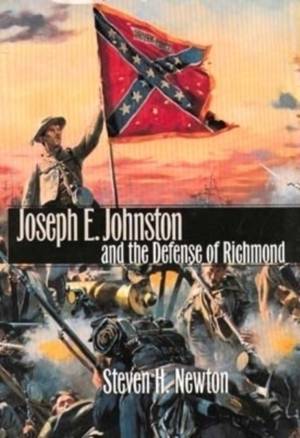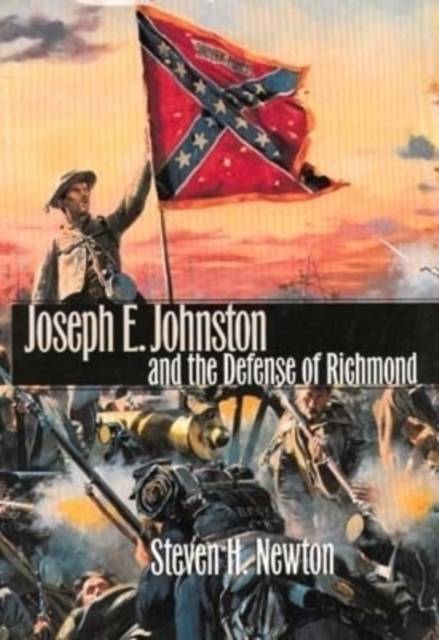
- Afhalen na 1 uur in een winkel met voorraad
- Gratis thuislevering in België vanaf € 30
- Ruim aanbod met 7 miljoen producten
- Afhalen na 1 uur in een winkel met voorraad
- Gratis thuislevering in België vanaf € 30
- Ruim aanbod met 7 miljoen producten
Zoeken
Omschrijving
Most often viewed as a prelude to Robert E. Lee's Civil War victories of 1862, Joseph E. Johnston's campaign in Virginia early that year has been considered uninspired at best, catastrophic at worst. Steven Newton now offers a revisionist account of Johnston's operations between the York and James Rivers to show how his performance in the "Peninsular War" contributed to a crucial strategic victory for the Confederacy. Newton acknowledges the limitations usually attributed to Johnston by other historians but suggests that assessments of the general's performance in Virginia have been colored by later controversies. He argues that contemporary sources portray Johnston as conducting his operations competently and within the strategic framework laid down in Richmond, even when he personally disagreed with those decisions. By holding his outnumbered army together and delaying the advance of Union forces, the general bought critical time for the Confederacy to recruit, organize, and arm the expanded army that would drive the Federals away from Richmond soon after Johnston himself was wounded at Seven Pines. Focusing on the period between mid-February and late May 1862, Newton examines in detail the high-level conferences in Richmond to set strategy and the relationship of the Peninsula campaign to operations in the Shenandoah Valley and the western Confederacy. What emerges is a portrait of a general who was much more complex in thought and action than even his advocates have argued. By examining what Johnston actually accomplished rather than speculating on what he might have done, Newton shows that his overall conduct of the campaign holds up well under scrutiny. Marked by painstaking research and analysis, Newton's reconsideration of Johnston is a key account of Confederate operations in the pivotal eastern Virginia theater in 1862. It provides an important new look at an episode in the war that until now has received little attention and helps rescue an unduly maligned leader from the shadow of Lee.
Specificaties
Betrokkenen
- Auteur(s):
- Uitgeverij:
Inhoud
- Aantal bladzijden:
- 296
- Taal:
- Engels
- Reeks:
Eigenschappen
- Productcode (EAN):
- 9780700609215
- Verschijningsdatum:
- 15/01/1999
- Uitvoering:
- Hardcover
- Formaat:
- Genaaid
- Afmetingen:
- 162 mm x 236 mm
- Gewicht:
- 635 g

Alleen bij Standaard Boekhandel
+ 186 punten op je klantenkaart van Standaard Boekhandel
Beoordelingen
We publiceren alleen reviews die voldoen aan de voorwaarden voor reviews. Bekijk onze voorwaarden voor reviews.







